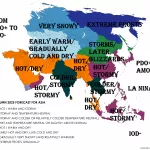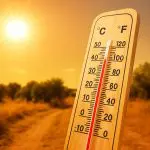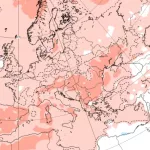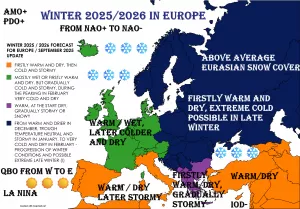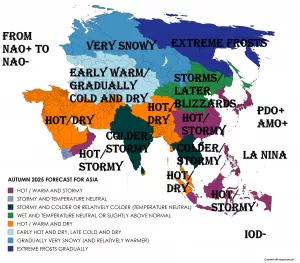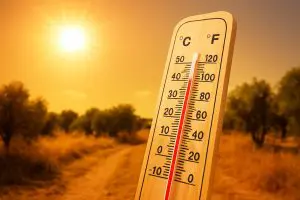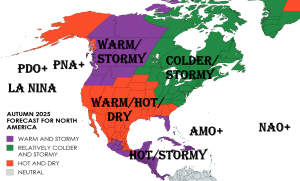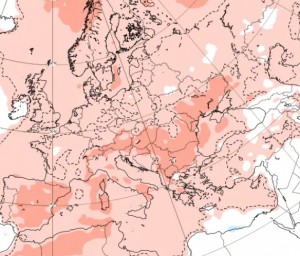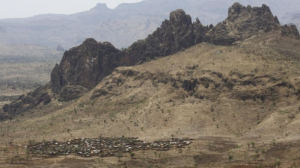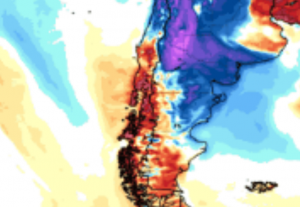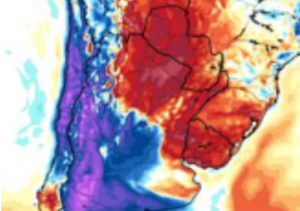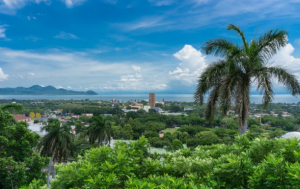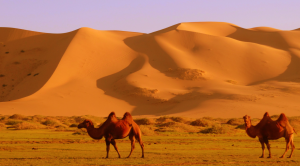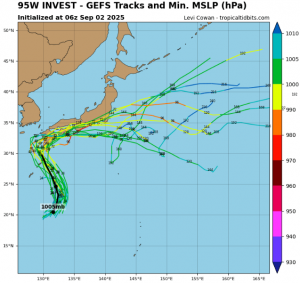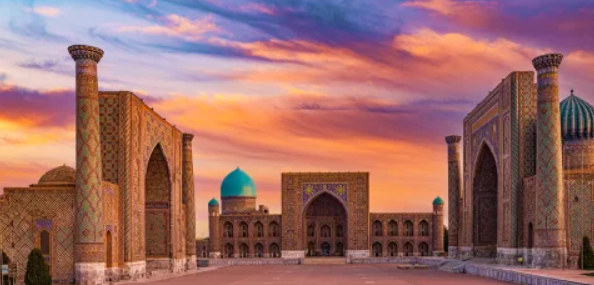
Central Asia is enduring an intense and historic heatwave as temperatures soar to unprecedented levels across multiple countries. In Uzbekistan, the town of Mashikuduk registered a scorching 47 degrees Celsius, marking one of the highest temperatures recorded in the region this summer. The famous city of Samarkhand, situated at 725 meters above sea level, nearly matched its all-time high by rising to 42.3 degrees Celsius, just 0.1 degrees shy of the record set in July 1983. However, Samarkhand set a new record for the hottest night in its history, with temperatures not dropping below 27.0 degrees Celsius.
This relentless heat extends beyond Uzbekistan. Neighboring Turkmenistan reached a blistering 48.2 degrees Celsius, while both Kazakhstan and Tajikistan recorded highs of 46.0 and 47.0 degrees Celsius respectively. These extreme temperatures are pulverizing previous records by dozens, highlighting the severity of this summer’s heatwave.
Among the many new records are 45.1 degrees Celsius in Parkhar, Tajikistan, which is the all-time highest temperature for the location; 43.5 degrees Celsius in Shymkent, Kazakhstan, marking the highest July temperature ever recorded there; and 45.3 degrees Celsius in Nehbandan, Iran at 1200 meters above sea level, which is a new July record for this elevated area. Additionally, Zarafshan, Uzbekistan, at latitude 41°N and an altitude of 420 meters, recorded an astonishing minimum temperature of 34.8 degrees Celsius, emphasizing the severity of the night-time heat.
This prolonged heatwave is causing severe stress on populations, agriculture, water resources, and energy infrastructure across Central Asia. The record-breaking hottest nights in Uzbekistan further amplify health risks, as elevated overnight temperatures limit relief from daytime heat.
With forecasts predicting yet another scorching day ahead, this heatwave is truly unprecedented in scale and intensity. Central Asia’s summer of 2025 will be remembered as one of the hottest in recent history, with multiple locations breaking temperature records spanning decades or even centuries.
These record-breaking temperatures emphasize the accelerating impacts of climate change in the region, where high-altitude and temperate zones are experiencing heat extremes usually reserved for deserts. Such extreme heat threatens human health, exacerbates droughts, and stresses local ecosystems.
Residents are urged to stay vigilant, avoid outdoor exertion during peak heat hours, and ensure adequate hydration and cooling measures.

Illustration picture: https://travel.holiday-factory.com/deals/uzbekistan-samarkand-super-summer-crazy-deal


